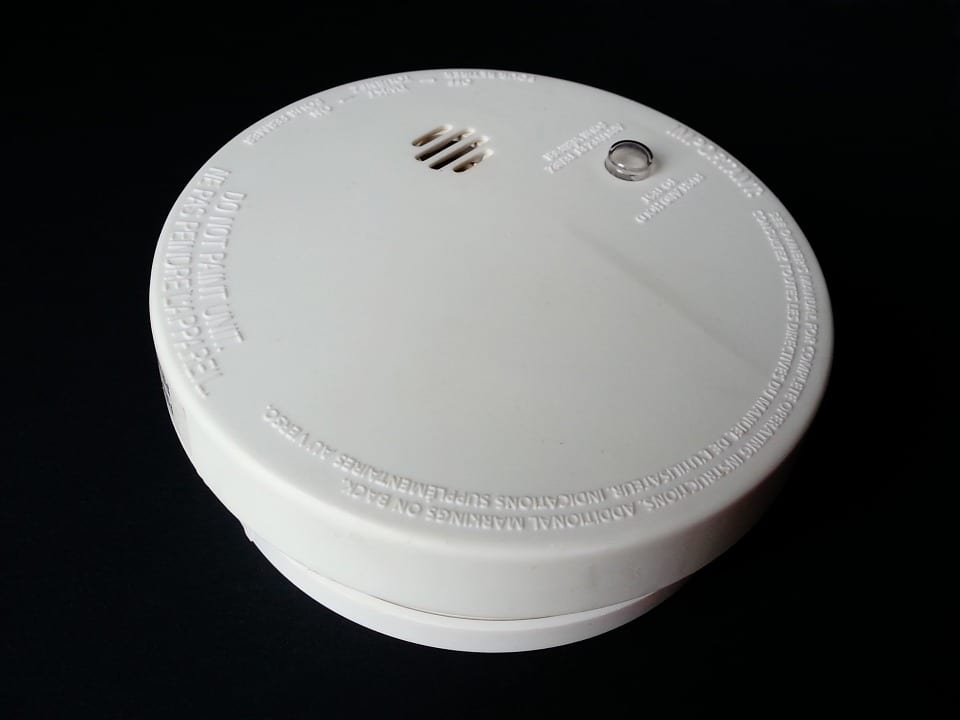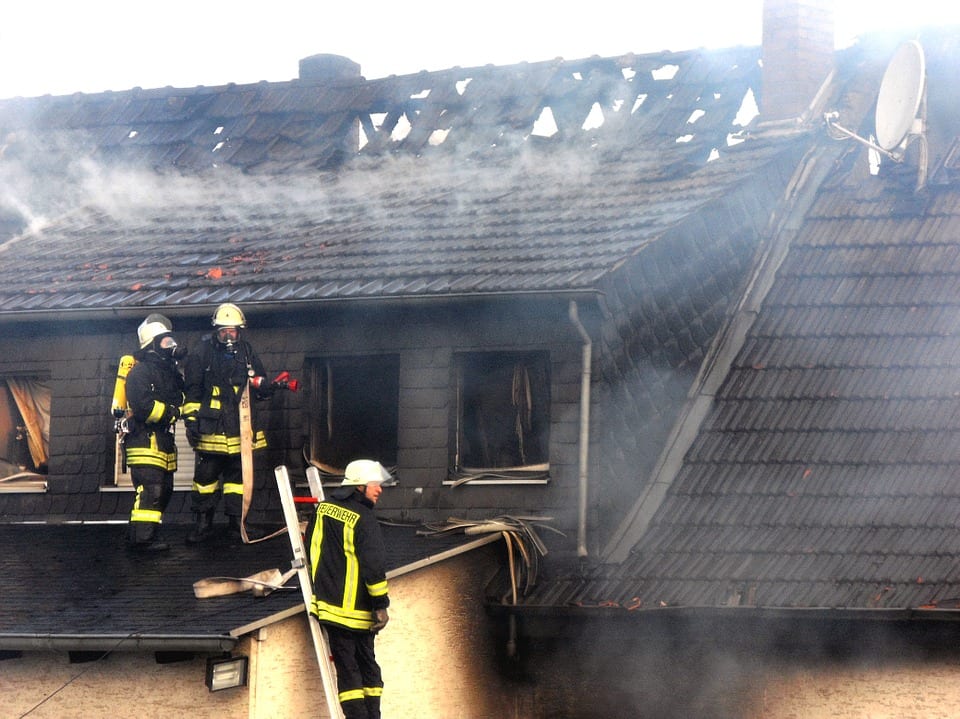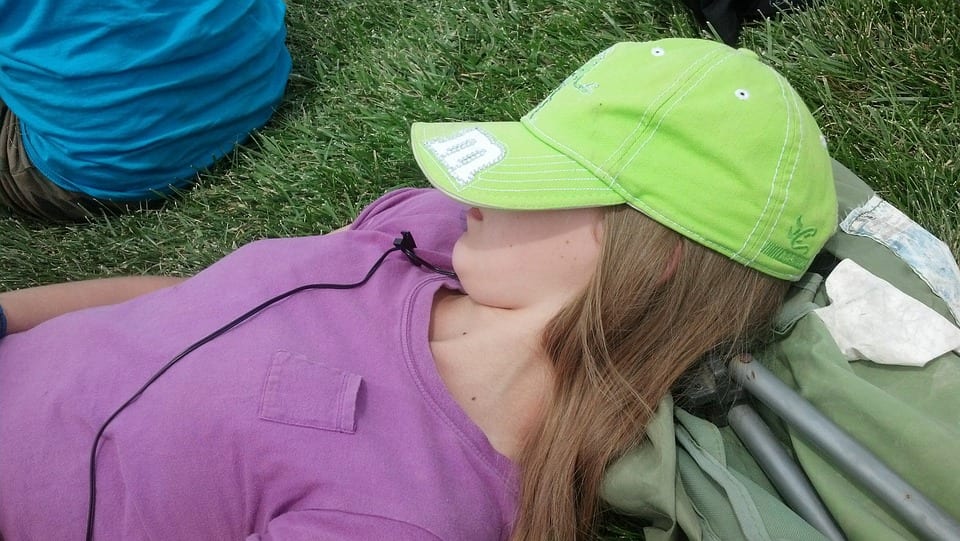Trending Now
The results of a new study, published in The Journal of Pediatrics, are not only fascinating but have the potential to change the smoke alarm market and save the lives of children all over the world.

Photo Credit: Pixabay
Researchers looked at 176 kids aged 5-12 and found that they were 3x more likely to wake to an alarm that used their mother’s voice rather than a traditional smoke alarm (or any traditional tone alarm). The difference meant that 86-91% of children hearing their mother’s voice woke immediately and 84-86% of them were able to escape the room – compared to 53% and 51% who survived the simulated scenario when woken by a tone.

Photo Credit: Pixabay
Children who woke to the tone took 156 seconds to do so, compared to an average of 2 seconds when prompted by their mother’s voice.
“An important risk factor for death during residential fire is being asleep. The fire fatality rate during sleep is approximately 3 times greater than during other periods,” the resulting publication reads, and it concludes that kids are “remarkably resistant” to the traditional alarms, with some sleeping more than 5 minutes into the continuous, blaring tone.
The study’s lead author, Gary Smith, told HuffPo that “under residential conditions, we were able to demonstrate that these voice alarms are much more effective than the typical high-pitch alarm.

Photo Credit: Pixabay
Many parents, of course, might see this as science confirming what they’ve witnessed for years – that kids can sleep through all kinds of regular noises like barking dogs, clanging dishes, ringing doorbells but let mom laugh at a television show or pick up a phone call and suddenly your alone time has ceased and desisted.
Gary Smith thinks the common (now supported) knowledge could help save lives.
“Just having one of the current alarms in your home provides a huge survival advantage, and we absolutely do not want to give the message that the current alarms are not working. What we’re trying to do is focus on that 5-to-12-year age group that does not always respond to the high pitch alarm – that will just sleep right through it.”
There isn’t a smoke alarm on the market yet that will allow mothers to record their voice and use it instead of the alarm, but if more studies join this one, it may be available in the near future.

Photo Credit: Pixabay
No word yet on what, if anything, has the ability to rouse the 13-to-18-year age group once they’ve crawled under the covers and gone unconscious. We may need something more magical than even science to crack that code.






